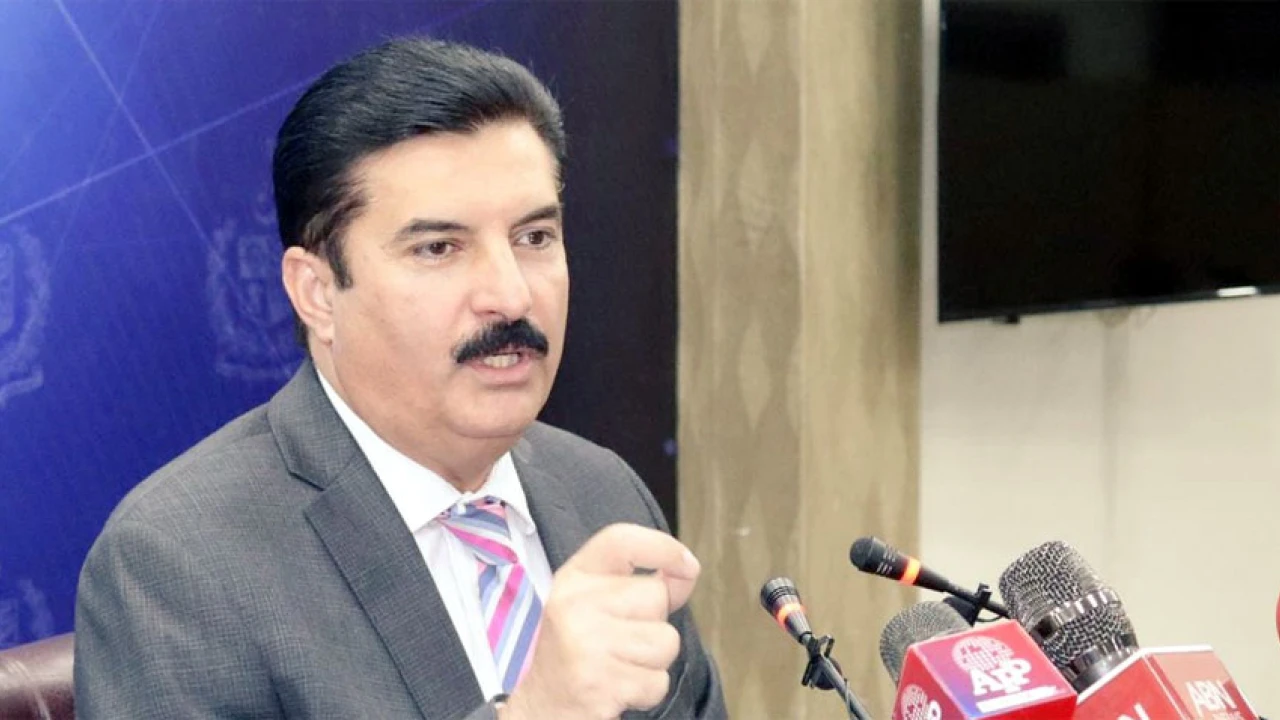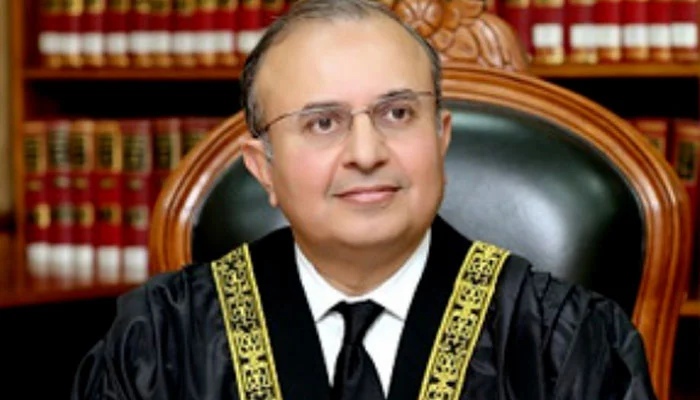The Federal Public Service Commission (FPSC) has officially approved the induction of 10 officers from Pakistan’s armed forces into the civil service, marking a significant step toward enhancing collaboration between the military and civilian administrative sectors. This move underscores the FPSC’s commitment to strengthening governance by integrating experienced and disciplined officers from defense services into key civil roles. The focus keyword FPSC reflects the central role of the commission in ensuring transparency and merit-based selection.
FPSC’s Approval and Process
According to the official notification issued by the FPSC, five officers have been allocated to the Pakistan Administrative Service (PAS), three to the Police Service of Pakistan (PSP), and two to the Foreign Service of Pakistan (FSP). The decision follows their successful completion of the FPSC’s comprehensive psychological assessments and viva voce examinations, which evaluate leadership, decision-making, and interpersonal skills—qualities essential for civil administration.
This approval process highlights the commission’s merit-based system, ensuring that only qualified and competent candidates from the armed forces transition into the civil service. By setting rigorous evaluation standards, the FPSC continues to uphold its reputation as Pakistan’s leading institution for fair recruitment into public offices.
Officers Selected for Civil Services
Among the selected officers, seven belong to the Pakistan Army, two to the Pakistan Air Force, and one to the Pakistan Navy. The diversity of backgrounds represents the combined strength of Pakistan’s defense institutions and their growing contribution to the nation’s administrative framework.
For the Foreign Service, Capt Yasir Hameed and Capt Zohaib Nasir have been approved, both demonstrating strong diplomatic potential and communication skills vital for representing Pakistan on the global stage.
In the Police Service, Capt Hamza Tahir Shah, Capt Imtiaz Hussain, and Capt Muhammad Bilal Khan Wazir have been selected. Their induction is expected to bring discipline, leadership, and crisis management expertise to law enforcement, strengthening the country’s policing structure.
Meanwhile, the Pakistan Administrative Service will welcome Capt Syed Abdul Rehman Bin Qasim, Capt Syed Muhammad Umar Shah, Flight Lieutenant Talha Hasib, Lieutenant Muhammad Arslan Shakeel (Navy), and Lieutenant Muhammad Ali Hamad (Navy). These officers bring diverse experience in operations, logistics, and management—skills that align well with the administrative responsibilities of PAS officers.
Bridging Civil and Military Expertise
The induction of military officers into the civil service is not a new concept but remains an important aspect of Pakistan’s governance framework. The FPSC plays a pivotal role in ensuring that such transitions occur through merit-based, transparent procedures rather than direct appointments.
By integrating officers who possess strong strategic and operational backgrounds, the FPSC aims to foster a more efficient and disciplined public service. These officers, having served in high-pressure defense environments, are well-equipped to handle the complexities of administrative decision-making, disaster management, and public policy implementation.
Moreover, their inclusion will likely enhance coordination between civilian and military institutions, promoting inter-agency collaboration in areas such as national security, crisis response, and development planning.
The FPSC’s Role in Merit-Based Recruitment
The FPSC continues to uphold its mandate as the cornerstone of Pakistan’s merit-based recruitment system. Its transparent selection processes not only ensure fairness but also encourage capable individuals from diverse professional backgrounds to join the civil service.
Through initiatives like these, the FPSC reinforces the idea that professional excellence, leadership, and commitment to national service are the primary criteria for public sector positions. This recent induction serves as a testament to the commission’s dedication to fostering a dynamic and competent civil bureaucracy capable of addressing modern governance challenges.
Significance of the Induction
This approval is particularly significant as it symbolizes a deepening relationship between Pakistan’s civil administration and its defense institutions. By absorbing armed forces officers into civil service roles, the government ensures that valuable experience in leadership, logistics, and resource management is not lost upon retirement or transition from active duty.
Furthermore, these officers bring a sense of discipline and accountability that can contribute positively to public institutions. Their experience in strategic planning and operational execution aligns well with the administrative demands of key civil departments.
As these newly inducted officers take up their civil service roles, their performance will serve as a benchmark for future integrations. The FPSC’s transparent process has set a precedent for how such inductions should be managed — with emphasis on competence, fairness, and national interest.
This initiative not only strengthens the civil service but also ensures that the spirit of national service continues across both military and civilian domains. In the long run, such cross-institutional collaborations, guided by the FPSC, are expected to improve governance quality, enhance efficiency, and promote public trust in Pakistan’s administrative institutions.
The FPSC’s decision to induct 10 armed forces officers into the civil service is a forward-thinking step toward creating a more dynamic and well-rounded administrative framework in Pakistan. By bringing together the strategic expertise of the military and the governance acumen of civil institutions, the commission has reinforced its commitment to national progress through merit, discipline, and professionalism.



